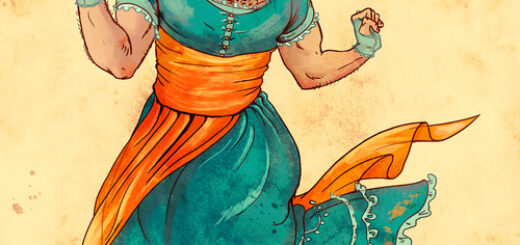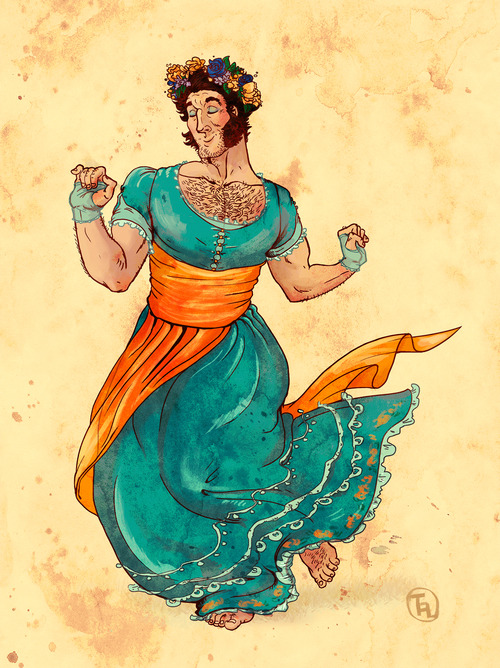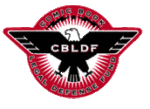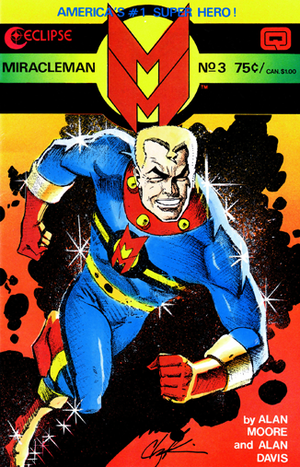Mindy Newell: Columnist Columnizing
 “Don’t you wish you had a job like mine? All you have to do is think up a certain number of words! Plus, you can repeat words! And they don’t even have to be true!” – Dave Barry
“Don’t you wish you had a job like mine? All you have to do is think up a certain number of words! Plus, you can repeat words! And they don’t even have to be true!” – Dave Barry
Some thoughts this week reflecting upon my fellow ComicMix columnists’ opinions…
Last week Martha Thomases felt compelled to once again write about the bullshit practice of attacking women who “o-pine” (as Bill O’Reilly says) and dare to speak “truthiness,” as Stephen Colbert puts it, in her column, Criticizing Criticism. Toward the end of the piece Martha wrote about a panel at Washington, D.C.’s Awesome Con (held just this past weekend) that she was planning on attending. The name of the panel was “Part-Time Writer, Full Time World.” All the panelists were women, and apparently they were going to “O-pine” and “speak truthiness” about balancing the demands of a full time job, of being a parent, of having a part-time job – with these women, the “part-time” job is writing – with having time for your personal life, all while keeping a sane thought in your head. She made an excellent point when she pointed out that there were no men on the panel.
Hmm…
To (mostly) quote myself in the “comments” section of Martha’s column:
“As far as the full-time job/parenting/writing/hobby balance thing, it’s not a question of whether or not men don’t do any parenting. I think a lot of men are extremely involved in their kids’ lives these days.
“But what I think what Martha is pointing out is the assumption by the con runners, or at least those who set up this particular panel, that it’s only women who are dealing with this conundrum. Or, to give them the benefit of the doubt, maybe they just wanted to do a “Women in Comics” panel and thought this would be an interesting twist on the subject. Either way, it does seem somewhat sexist–against both sexes for a change!
“The answer, btw – and I feel that I am qualified to answer this conundrum because I was a single parent, and also because I’m now watching Alix and Jeff juggle parenthood, work, and school – is, paraphrasing a certain global sports apparel company:
“‘You just do it’…
“While seeking plenty of help from family, friends, babysitters – and sometimes, if you’re really lucky, an understanding boss or editor.
“And then, when the kids are all grown up and have families of their own, you have the luxury of being a grandmother, and you can just love and spoil the kid and then hand him back when you’re tired or he get’s cranky or it’s just time for you to have some
“me-time.”
“And be proud of yourself, because you just ‘did’ it.”
Denny’s and Marc’s columns made me think once again of how Marvel is doing everything right, and how DC is doing everything wrong. As I indicated in last week’s column, Marvel’s creation of a “telefilmverse” has been just brilliant in its adaptation of its comic universe’s history, in its invigoration of old concepts and old heroes, and in the excitement and joy its inventiveness is creating in both old and new fans.
I grew up a total DC geek in its Silver Age. I loved The Legion Of Super-Heroes, Superboy, Green Lantern, Supergirl, and the “Imaginary Stories” of Julie Schwartz’s Superman. In the 80s and early 90s I was hooked on all things Vertigo (Alan Moore’s Swamp Thing, Neil Gaiman’s Sandman, Grant Morrison’s Animal Man, to name just a few), Marv Wolfman and George Perez’s New Teen Titans, George’s Wonder Woman (even before I co-wrote it), Paul Levitz and Keith Giffen’s Legion Of Super-Heroes (before I was involved), Dan Mishkin, Gary Cohn, and Ernie Colon’s Amethyst, Princess Of Gemworld (ditto), Mike W. Barr and Brian Bolland’s Camelot 3000 (ditto) and many more. Back then DC was a groundbreaker, an innovator, “Bold” and “Brave.”
Today when I think of DC I think of words like moribund, and mired, and morose.
Today, like Marc Alan Fishman, I say, “Make Mine Marvel!”
Paul Kupperberg’s review of The King Of Comedy http://www.comicmix.com//reviews/2014/04/17/review-king-comedy/ is dead-on. If you haven’t seen this movie, see it.
John Ostrander: Happy, happy, happiest of birthdays! I left you a comment, but I don’t know where it went, because it’s not there now. Just know that I wish you everything you talk about in the column – to live even longer than your paternal grandfather and his continue to bang out comic series and a new novel on a regular basis. I can’t wait to read the new GrimJack series, and that brilliant novel that resides on the New York Times Bestseller list for longer than Harry Potter, Twilight, and The Hunger Games ever did. I want to see Peter David green with envy (just teasing, Peter!) with your success. Hell, I want to see me turn green with envy and choleric with bitterness about your success! And I want you to remember, bro, in the words of that old poet-hipster, James Taylor…
You’ve got a friend.















 After their first announcement at San Diego four years ago that they had obtained the rights,
After their first announcement at San Diego four years ago that they had obtained the rights, 









